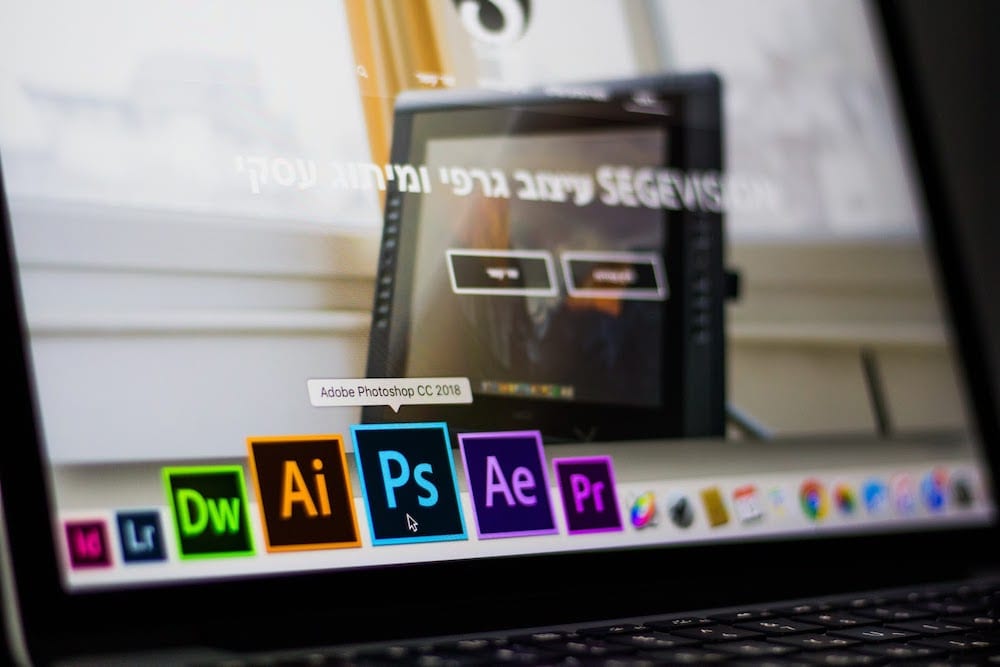Folks who want to find a career in information technology eventually run up across the classic question of which operating system (OS) works best for their needs. There’s no shortage of OSs from which to choose, and two of the most popular options, Linux and Mac, have plenty of advocates. In the Linux vs Mac comparison, selecting your favorite OS of the two comes down to what you want your platform to do and how secure you want it to be. And the more you know about Mac vs Linux, the more confident you’ll be that you picked the right one.
That’s our cue, fellas. Places, everyone. We’re here to give you the key info that will help you make an informed and educated choice on your preferred OS. You’ll learn about the different approaches to security that the two systems take, and we also give you an idea of how much you can expect to pay to use each one. The two platforms work on different philosophies, and our guide helps you find the right one for your needs.
How Are Linux and Mac Alike?

Your OS choice defines your career path and dictates the environments in which you’ll work. That sounds drastic, but some professions work better in Mac, and some do best in Linux. But even though picking Linux or Mac sets you off on different roads, the two systems have more in common than they do differences. In addition to the big similarities that all OSs share such as task scheduling and peripheral control, Mac and Linux also have the same ancestor. That’s right—they’re family.
The two platforms descend from Unix, one of the oldest modern OS models. Unix systems have a hierarchical file system, use shell scripts, and work through the execution of lots of small programs. Compartmentalization is the name of the Unix game—you won’t encounter huge operations that hog all resources when you work in Linux. Both Mac and Linux carry on Unix’s traditions and have the same basic structure as their grandaddy. What differs is what each OS lets you do with this structure.
Security

To get the top tech jobs, it’s important to appreciate OS security and how it can impact your work environment. Each platform approaches the concept of security differently, which makes some systems ideal for more secure tasks and others perfect for operations that don’t require as much compartmentalization. Mac and Linux take very different tracks when it comes to security, and those folks who need to make sure that their data stays safe have a clear favorite between the two.
Linux is far and away the choice of security-minded developers. In Linux, you have pinpoint control over information access of any kind, and the OS allows for granular management of privileges from a global to a line item level. Mac isn’t an unsecured system by any means, but Linux is a top-to-bottom security monster. If you want to create apps that handle sensitive or proprietary information, Linux is going to be your bread and butter.
System Cost

A successful business is one that pays attention to the bottom line, and that includes OS cost. Depending on how many computers your business has, licensing costs can wind up becoming a huge chunk of its liabilities. Any savings in this area can have a significant impact on finances, so the less you have to pay to run the OS, the better off you’ll be. On the other hand, high license fees often come with high-level support. Mac and Linux have different pricing plans and offer a stark choice when it comes to licensing.
Linux originated as an open-source OS developed by Linus Torvalds, one of the high-tech heroes of the modern age. There are still lots of open-source and completely free Linux distributions available today—Debian, Ubuntu, and openSUSE are just a few of them. There are lots of Linux distros that feature licensing fees that range from low to high, too, with Red Hat being a popular favorite. Meanwhile, Mac will always cost your company money to use, and the cost per license can be fairly high.
Media Creation and Manipulation

By this point in the article, you might be thinking that this is a guide on how Linux is better than Mac. Some die-hards in the tech world certainly have that opinion, but there are lots of areas of computing for which Macs are much better suited than Linux. If you want to work with media such as audio, video, or static images, Mac is going to be your best friend and ideal OS selection. A Mac will make you a powerful manipulator of sights and sounds without frustrating you with the small stuff.
Macs have a long history of use for building creative projects such as films, television shows, songs, and much more. Because of this legacy and the ease with which Mac allows you to interface with your creative tools, folks in all kinds of fields that employ forms of media prefer them over Linux by a country mile. Mac has a clean and simple user interface, and even computer neophytes quickly feel comfortable diving in and getting their hands dirty when they use the OS.
So that there’s the scoop, lovely people. OSs like Linux and Mac each offer advantages to their users and understanding key differences between the platforms help you find the right one for you and your business requirements. Our guide gets into the nitty-gritty and shows you which OS will satisfy your needs and make your career or company grow.
About us: Career Karma is a platform designed to help job seekers find, research, and connect with job training programs to advance their careers. Learn about the CK publication.



